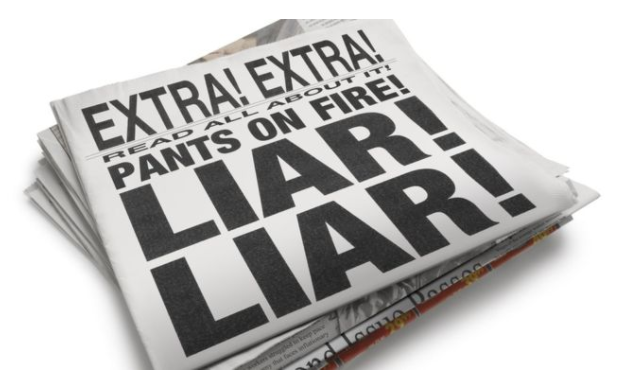Fake News, Society, and You
March 7, 2017
Fake news. A term that has been bandied about quite frequently since the election of Donald Trump, and rightly so: ever since his initial use of the phrase, the term fake news has been applied to basically anything that one could disagree with. Yet, it has a more formal definition: any item of news with little to no basis in fact — such as Pizzagate, the Bowling Green Massacre, and the like.
Unfortunately, Americans do have issues in differentiating between the fake and the real. According to Stanford University researchers, in a survey of middle schoolers, 80% could not differentiate between native advertising and actual news items. They also noted that undergraduate students at three universities also had trouble distinguishing bias on Twitter. The statistics are truly chilling: most students between middle school and college are unable to critically view a source, but rather accept it for just what it is.
Now, the question is, “how can this be stopped?” The answer lies in vigilance when reading internet sources. Let’s be real, HillaryBeatTrump.com, while hilarious, cannot be a trusted source; neither can the stories about Pizzagate or the Bowling Green Massacre really be affirmed by decent research. Hopefully, this fake news epidemic will die down as quickly as it started.
Image Source BBC
